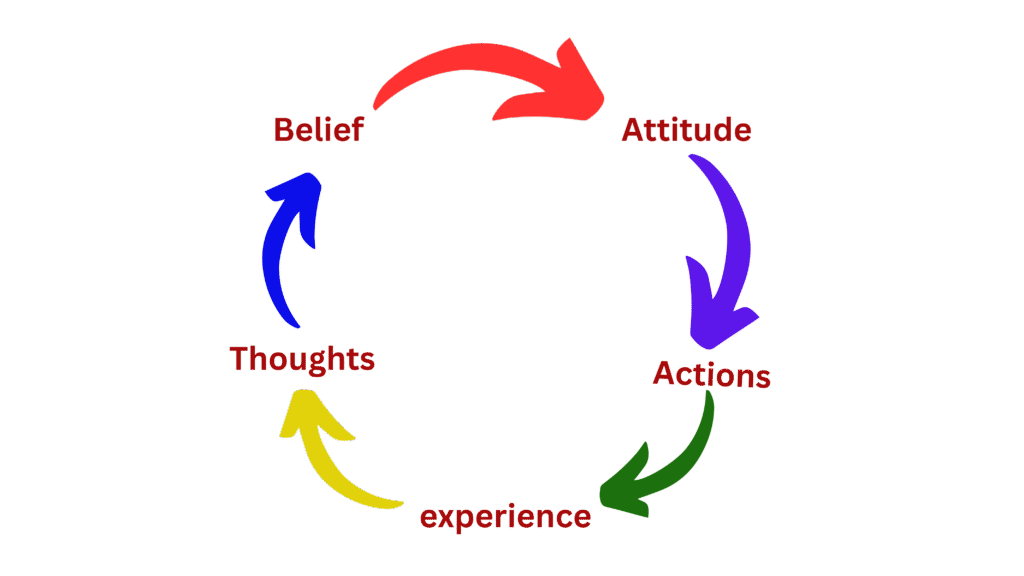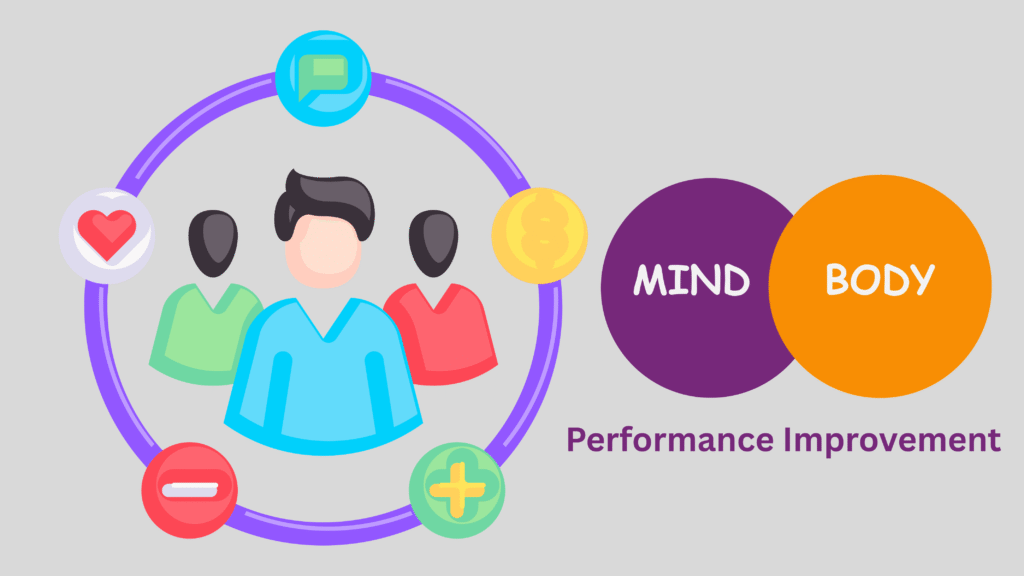Performance Improvement
Updated: April 14, 2025
51

When we talk about personal development, we often think about big ideas—success, growth, mindset, transformation. But at the heart of it all lies something very real and practical: performance improvement.
Whether you’re trying to become more focused, build better habits, or achieve long-term goals, improving your daily performance is the engine that drives it all.
So what does performance improvement really mean when it comes to personal growth? And how can you actually make it happen?
Let’s break it down.
1. Define What “Performance” Means to You
Performance isn’t one-size-fits-all. For an entrepreneur, it might mean productivity and decision-making. For a student, it’s about focus and time management. For someone on a wellness journey, it’s energy, consistency, and mindset.
👉 Ask yourself: What area of my life am I trying to perform better in?
Clarity is the first step toward real improvement.
2. Create Systems, Not Just Goals
Goals are great—but without systems, they don’t last.
Instead of saying “I want to write a book,” create a system: “I’ll write 500 words every morning before work.”
Instead of “I want to be more focused,” try “I’ll work in 25-minute sprints with 5-minute breaks.”
Systems create repeatable success. They take the pressure off and make improvement automatic.
3. Track and Reflect
You can’t improve what you don’t measure. That doesn’t mean obsessing over every detail—it just means checking in.
- Use a journal or app to track habits or focus time.
- Reflect weekly: What worked? What didn’t? What needs to change?
Regular reflection turns mistakes into stepping stones, not setbacks.
4. Upgrade Your Environment
Your surroundings shape your performance more than you think.
- Keep your workspace clean and inspiring.
- Eliminate distractions (yes, even your phone).
- Surround yourself with people who motivate, not drain you.
A supportive environment helps you stay in the flow zone—where progress feels natural.
5. Focus on Energy, Not Just Time
High performance doesn’t mean doing more—it means doing better.
Protect your energy:
- Get enough sleep.
- Move your body.
- Eat foods that fuel your focus.
- Take breaks without guilt.
If your tank is full, your output naturally improves.
6. Master the Mindset
Performance starts in the mind. If you’re constantly battling self-doubt, procrastination, or perfectionism, it’s like trying to run with a backpack full of rocks.
Practice:
- Positive self-talk (Yes, it actually works).
- Visualization of success.
- Self-compassion when things don’t go perfectly.
Remember, the goal isn’t to be perfect—it’s to keep improving.
7. Consistency Beats Intensity
You don’t need to overhaul your life overnight. You just need to show up consistently.
One focused hour a day beats ten unfocused hours once a week.
One habit done daily becomes part of who you are.
Progress compounds. Keep stacking small wins.

Sub topics
- Performance improvement Process
- Mental Conditioning
- Skill Enhancement
- Health and Nutrition
- Physical Development
Performance Improvement Process
The performance improvement process is a step-by-step approach to getting better at what you do. It starts with identifying where you are, setting clear goals, and recognizing areas that need change. From there, you create a plan, take consistent action, and track your progress. It’s not about instant results—it’s about steady, focused effort that leads to long-term growth and success.
Mental Conditioning
Mental conditioning is about training your mind to think, focus, and respond in ways that support growth and resilience. Just like the body, the mind needs exercise. This includes practicing positive thinking, visualizing success, managing stress, and staying emotionally balanced. A strong mindset helps you stay calm under pressure and bounce back from setbacks faster.
Skill Enhancement
Skill enhancement is the ongoing process of sharpening your abilities, whether it’s communication, time management, or learning something new. Growth happens when you step out of your comfort zone and keep improving what you know. Even small, consistent learning each day can lead to major personal and professional breakthroughs.
Health and Nutrition
Your body performs best when it’s fueled with the right foods. A balanced diet supports brain function, energy levels, and emotional stability. Nutrition isn’t just about eating less—it’s about eating smart. Whole foods, plenty of water, and mindful eating habits lay the foundation for long-term health and vitality.
Physical Development
Physical development goes beyond appearance—it’s about building strength, flexibility, and endurance to support your daily life. Regular movement, whether it’s walking, lifting, or stretching, boosts your mood, sharpens your mind, and improves overall well-being. A strong body helps create a strong foundation for personal growth.

Please Write Your Comments